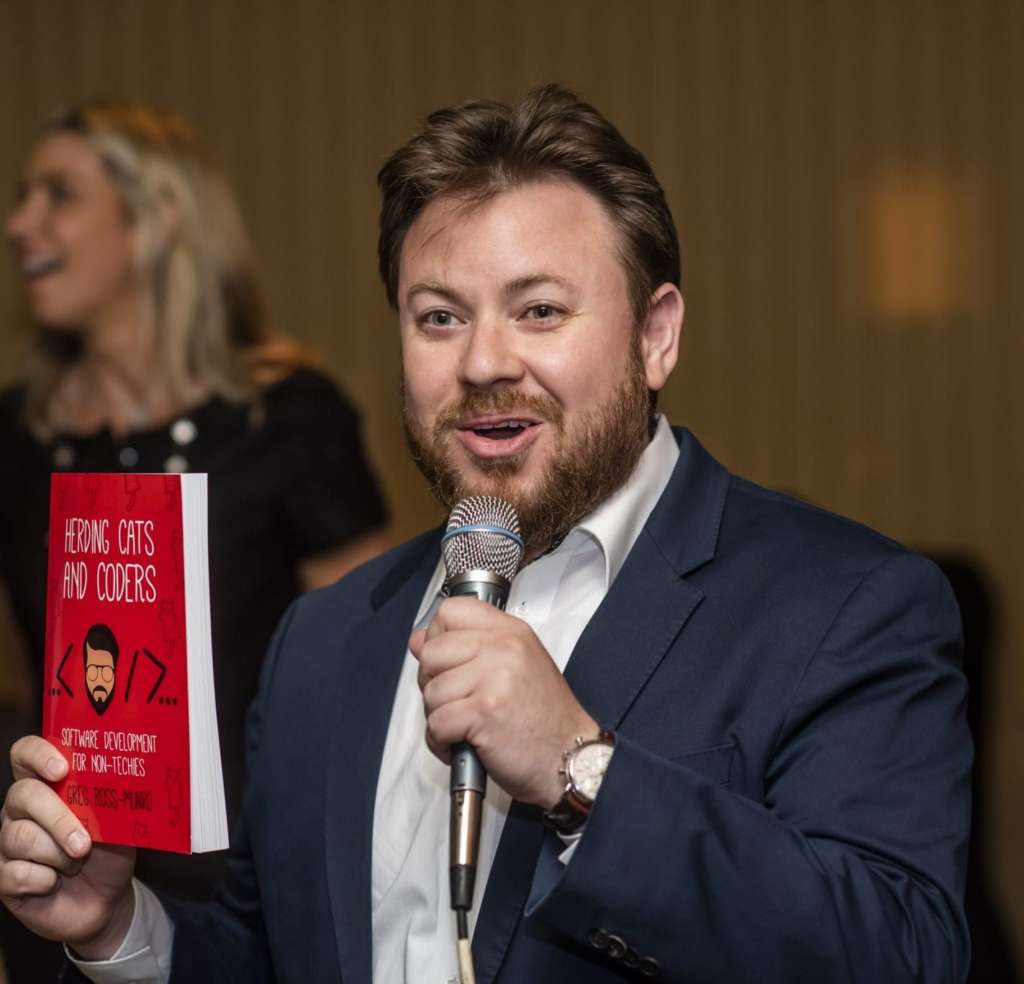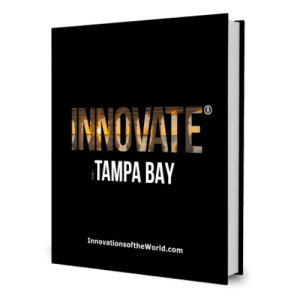COMMUNICATING WITH TECHIES
What to Look for in a Digital Agency
Whether you want to augment an in-house team or bring an entirely new product to life, odds are, you’re going to entertain the idea of hiring an agency. By an “agency”, I mean everything from advertising companies offering digital design services to pure propeller-head software engineering firms. As long as they do “work for hire” jobs, where the client ends up owning the intellectual property and there is more than one person working there, we’ll call them an agency.

Agencies come in all shapes and sizes. It’s not unusual for an agency to have most of the staff and expertise you’ll need to take your application from concept to launch and beyond. They will have programmers, graphic designers, project managers, and even someone to bring you tea while you wait in their lobby. This is the type of organization I run day to day, minus the person to bring you tea. Sorry.
Other than the stability a larger organization brings you over individual freelancers, there are three main factors to look for in an agency: location, specialization, and reputation.
Location
Having your developers close enough that you can be in their offices within half a day might sound like an old-fashioned idea. In this age of telecommuting and virtual offices, why should you care about where someone works?
Sharing a common geography also means you share a common culture, language, and frame of reference. Odds are, your end users are also in either the same or a similar locale. If a developer were building new ATM software for a bank, it would help tremendously if the design team could spend a few days watching existing customers use the old systems. Nothing drives home a point about user experience more than watching a pensioner struggle with a badly designed interface, just so they can withdraw some cash to go shopping.
Empathy breeds good design. It humanizes the code an engineer writes, because now it becomes personal. Teams can instantly see how their creations touch the lives of the very real people who use them. This is especially important in engineering, where most problems are so abstract that concerns become almost entirely practical and programmers forget that actual human beings will interact with their systems. That’s hard to do when your development agency is in Canada and your bank is in Mexico. It also helps if you can drive to your developer’s offices and yell at them when things don’t go right. Okay, okay, it might not help, but it offers some catharsis.

Specialization
Specialization requirements are often the driving factor in a software engineering hiring decision. Specializations can be industry-specific or technology-focused, or both. For example, my team focuses on application development in the hospitality field, with a technology focus on cross-platform development.
If you’re a startup in the foodservice industry looking to build your stack in Java, there is probably a company out there for you. They might not be close by, but their expertise would outweigh location considerations. Keep in mind that specialists always cost more. If you get to pick the type of work you do and call yourself an expert in your field, that means you can – and certainly will – charge a premium.
Reputation
Portfolios or client testimonials are important, regardless of whether you hire a two-person freelance shop or a 500-person strong New York design firm. One of the problems you might run into with an agency is that the majority of their work may be under NDAs or white-labeled as another firm’s property. Do some behind-the-scenes vetting by asking about the company’s reputation and see if you can talk to some of their previous customers.
Sadly, some of the coolest things my team has ever built will remain a secret forever. If you hire a software firm to build your medical health records security system, you don’t want to have them advertise it on their website! Even worse, we’ve built award-winning systems only to watch our clients go and claim their Webby Awards. We did get a thank-you email, though.
Be careful of: “Our developers have worked with these major brands,” a favorite of the shady agency. Basically, this is the weasel’s way of saying, “Some of the people who work here used to work for companies that worked for those companies, or they worked for those companies themselves at some point.” Their sentiment is technically accurate, but also misleading. Just because your current graphic designer served coffee at Starbucks in college, that doesn’t mean your agency built software for them.
So, if you are planning on building out your next great idea using an agency, make sure you assess them on location, specialization, and reputation. Choosing wisely will ultimately mean success for your project. Keep in mind that it is much more expensive to have to build something twice because the first team you hired couldn’t deliver!














